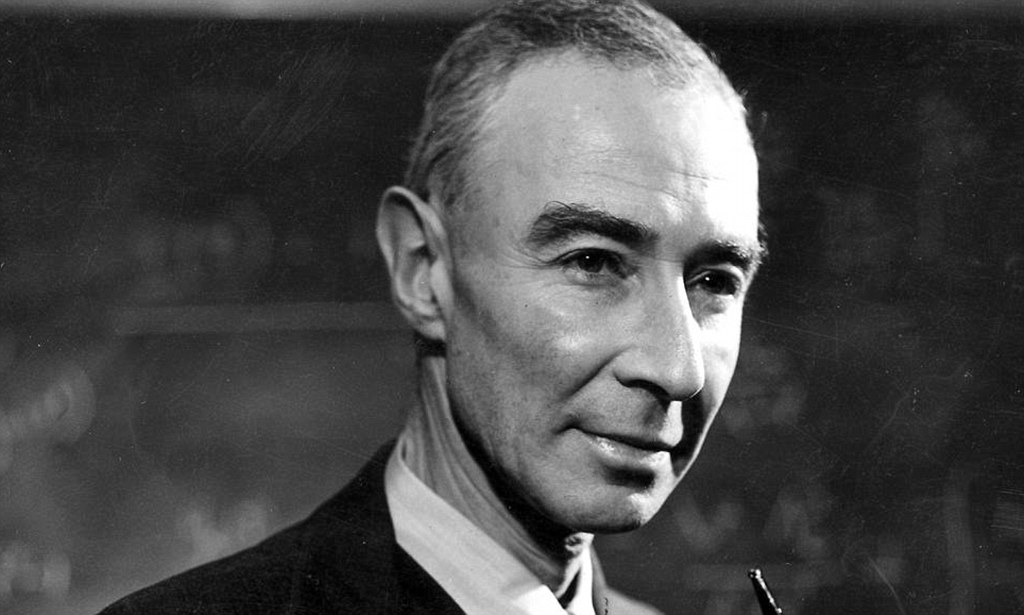
Known as the "father of the atomic bomb," Robert Oppenheimer is credited with being a founding member of the American school of theoretical physics, which eventually led to his leadership position at the Manhattan Project, a program that developed the first nuclear weapon during World War II. During those years, Oppenheimer directed a force of nearly 6,000 scientific and military employees under conditions which were seldom free from intense mental strain. Throughout his lengthy career, Oppenheimer also performed important research in numerous fields, including astrophysics, nuclear physics, spectroscopy, and quantum field theory. In fact, in the 1930s, he was the first scientist to write papers suggesting the existence of what we today call black holes. A three-time nominee for the Nobel Prize, Oppenheimer was awarded the Medal of Merit in 1946, and the Enrico Fermi Award by President John F. Kennedy in 1963.
Oppenheimer's decision to enroll at Harvard would prove critical to his historic career. He arrived at Cambridge in 1922 intending to be a chemist, but in his first year he was admitted to graduate standing, allowing him to bypass some of his undergraduate requirements. During a graduate course on thermodynamics taught by Percy Bridgman, Oppenheimer was introduced to experimental physics, which quickly caught his attention. At Harvard, Oppenheimer also studied mathematics, philosophy, Eastern religion, and French literature. A top student, he was admitted to the undergraduate honor society Phi Beta Kappa. In just three years, he graduated summa cum laude with a Bachelor of Arts in chemistry. More importantly, Harvard showed Oppenheimer that his true passion was in physics.
Oppenheimer retained a lifetime affection for Harvard University, where he was also a Member of the Board of Overseers from 1949 to 1955. Prior to that, he had returned on numerous occasions. In 1927, he was awarded a fellowship for research of mathematical physics at Harvard. Later, in 1957, the philosophy and psychology departments at Harvard invited Oppenheimer to deliver the William James Lectures. It was during Harvard's 296th Commencement proceedings, however, that the University gave Oppenheimer the ultimate tribute: an honorary Doctor of Science degree. The citation was perhaps the best summary of what Oppenheimer meant to the world: "Brilliant director of the scientists and engineers who made a bomb from nuclear fuels; the expert behind the plan for the international control of atomic energy."
